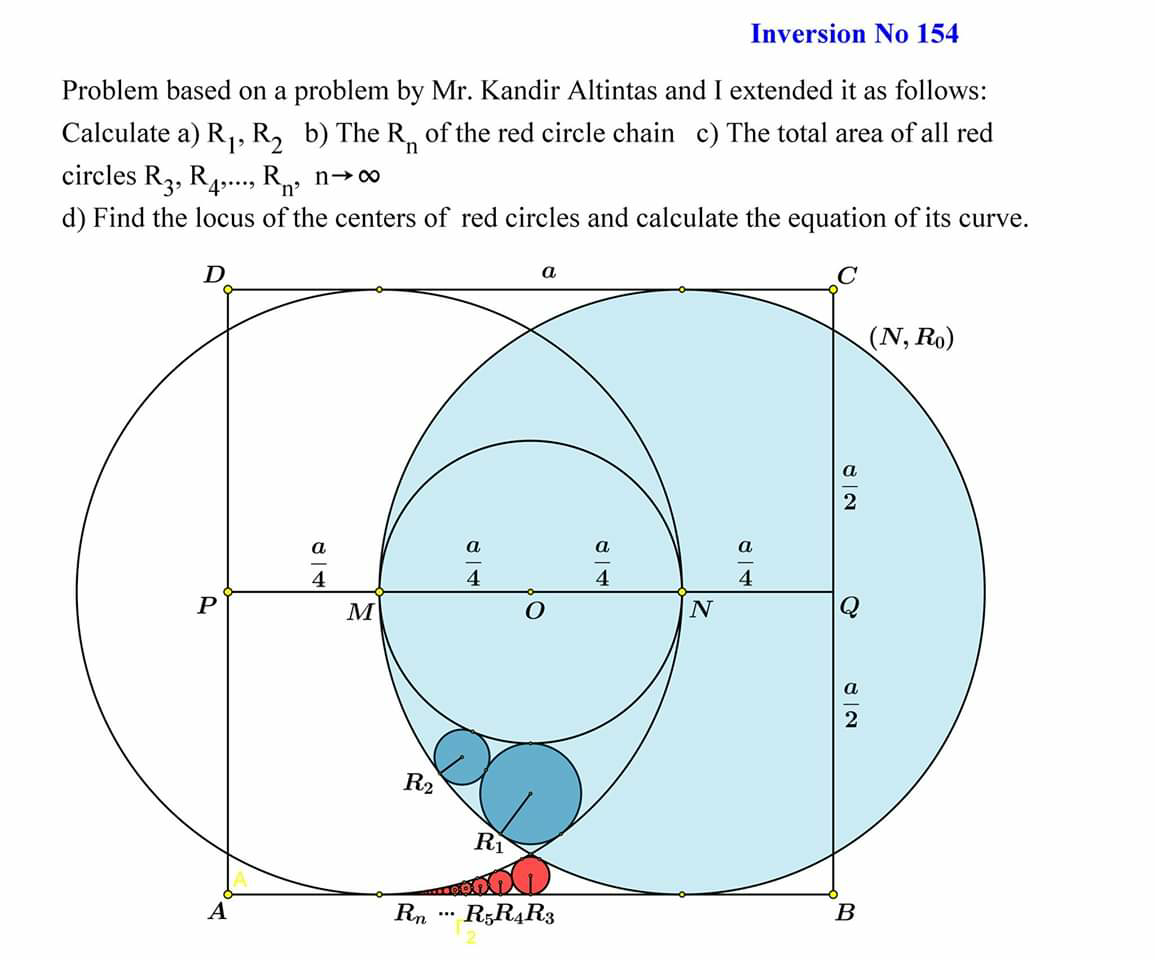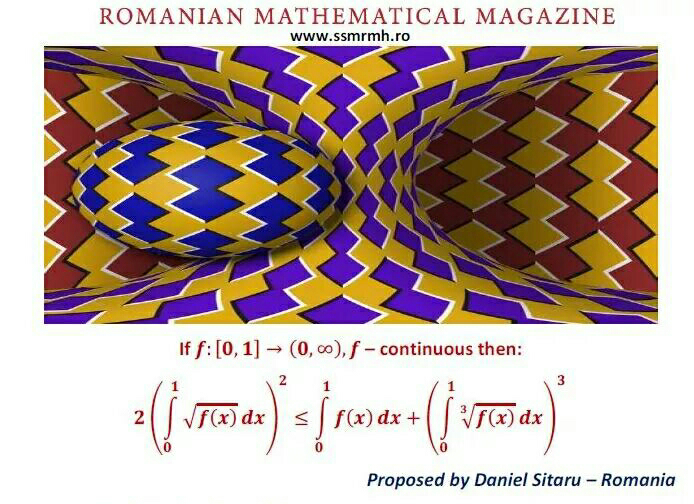
AllQuestion and Answers: Page 1412
Question Number 72017 Answers: 0 Comments: 0
Question Number 72016 Answers: 1 Comments: 2
Question Number 72015 Answers: 0 Comments: 1
Question Number 72012 Answers: 0 Comments: 1
Question Number 72011 Answers: 1 Comments: 1
Question Number 71993 Answers: 1 Comments: 0

Question Number 71986 Answers: 1 Comments: 0

Question Number 71984 Answers: 1 Comments: 0
Question Number 71983 Answers: 1 Comments: 0
Question Number 74587 Answers: 0 Comments: 0
Question Number 71972 Answers: 0 Comments: 2
Question Number 71964 Answers: 5 Comments: 1

Question Number 71960 Answers: 1 Comments: 0

Question Number 71957 Answers: 0 Comments: 0

Question Number 71955 Answers: 1 Comments: 1

Question Number 71946 Answers: 1 Comments: 0

Question Number 71939 Answers: 1 Comments: 1

Question Number 71944 Answers: 1 Comments: 0

Question Number 71925 Answers: 1 Comments: 0
Question Number 71921 Answers: 0 Comments: 0

Question Number 72062 Answers: 1 Comments: 2

Question Number 71904 Answers: 0 Comments: 0

Question Number 71903 Answers: 2 Comments: 0
Question Number 71926 Answers: 1 Comments: 2

Question Number 71894 Answers: 0 Comments: 1
Question Number 71991 Answers: 1 Comments: 0

Pg 1407 Pg 1408 Pg 1409 Pg 1410 Pg 1411 Pg 1412 Pg 1413 Pg 1414 Pg 1415 Pg 1416
